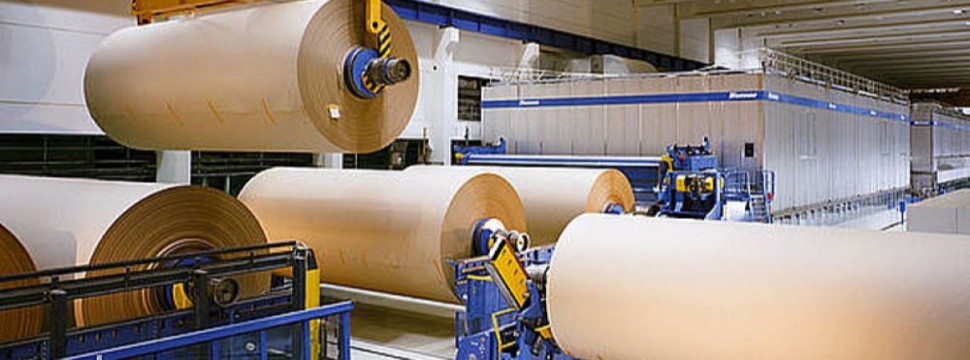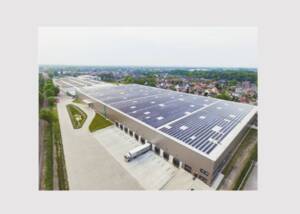Half-year review 2024 of the German pulp and paper industry
News General news
- Sales remain in decline, but production volumes stabilize
- Political framework conditions must improve

Turnover continues to decline - but production volumes stabilize
After a challenging 2023, business development in the German pulp and paper industry remains difficult in the first half of 2024. Total turnover continues to decline with a drop of 6.7% compared to the same period last year; in 2023, the figure had already fallen by 27%. Nevertheless, the production volume of paper, cardboard and paperboard rose by 6.9% in the first six months of this year. The industry is still a long way from a recovery after production fell by almost 14% in 2023, the lowest level in the last 20 years.
Unclear picture of volume trends for the main types of paper
In the first half of 2024, the total volume sold in the industry rose by 5.3% compared to the same period of the previous year. This volume increase is based on the development of sales of packaging paper and board (up 8.3%) and paper for technical and special applications (up 2.9%). The volume of graphic paper sold declined slightly (minus 0.4%) and remained stable for tissue paper (minus 0.2%). The graphic paper sector is still undergoing profound structural change, which is affecting the entire value chain of the paper industry.
High cost increases threaten locations and jobs
Sales of paper and pulp products in the first half of 2024 were significantly below the previous year's level, while the costs of pulp, waste paper and energy continued to rise. As a result, the operating results and thus the ability of paper companies to invest are deteriorating. In the past five years, 25 paper machines have been shut down and 16 mills closed. Five further machine shutdowns and two mill closures have already been announced for 2024. Production and important jobs in the industry and in the respective regions are being lost because it is no longer possible to produce economically in all areas at German locations due to the general conditions. This trend must be stopped, as the paper industry is a prime example of a future-proof, sustainable circular economy.
Politicians must finally take countermeasures, growth initiative in the draft budget is definitely not enough
The planning uncertainty caused by short-term political changes of course is also weighing on the industry in the current year. The association is therefore urgently calling on politicians to simplify bureaucratic and regulatory requirements, steer the energy transition back onto an orderly course and thus support the transformation of companies. It is also a matter of not further worsening European regulations to the detriment of German production locations, but rather maintaining comparable location factors in the interests of fair European competition.
The President of DIE PAPIERINDUSTRIE, Hans-Christoph Gallenkamp, CEO of specialty paper manufacturer Felix Schoeller from Osnabrück, emphasizes: "The growth initiative for Germany as a business location announced by the Federal Cabinet in parallel with the 2025 budget points in the right direction, for example when it comes to reducing bureaucracy. However, further decisive measures are needed to strengthen the economy and make it more attractive for investment. Securing the competitiveness of energy-intensive industries, for example by reducing grid fees, would be a step in the right direction."
"Despite the difficult situation, companies in the paper industry remain part of the solution for the future and are continuing to work on the conditions for innovation and investment in the transformation towards climate-neutral paper production," concluded President Gallenkamp.










